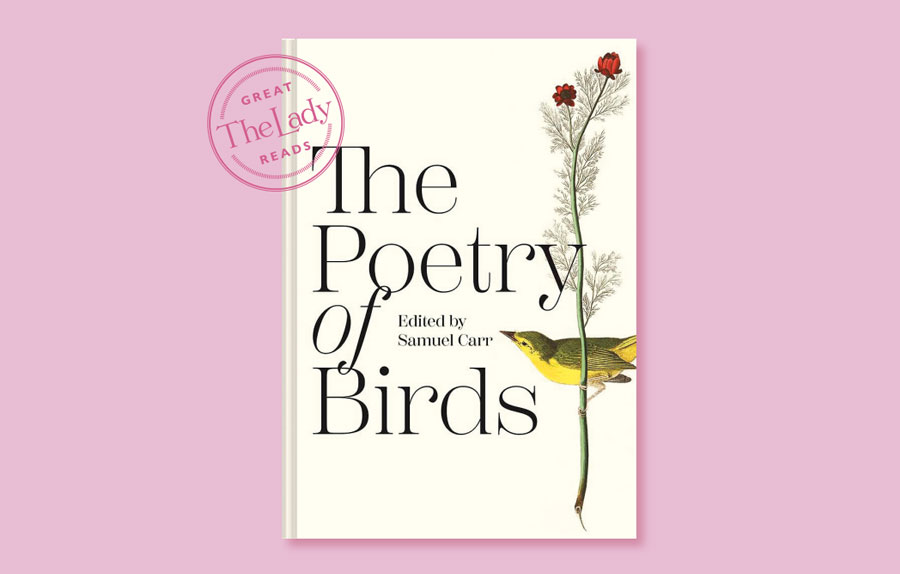 Our inspiring feathered friends
Our inspiring feathered friendsTHE POETRY OF BIRDS edited by Samuel Carr (Batsford, £14.99)
Birds lend themselves to verse, as this new edition of an anthology first published in 1976 amply proves. In their variety and visibility they are infinitely adaptable to any poetic mood or pointed moral. Their fey and fugitive qualities can give flight to fancies or prompt bitter reflections about freedom, loss and the brevity of life.
This is an excellent overview, handsomely illustrated with pictures from John James Audubon’s The Birds of America. William Blake, John Clare, Emily Dickinson, Thomas Hardy, Ted Hughes, John Keats and WB Yeats were always going to appear in any such as selection, as was Tennyson’s eagle, which ‘clasps the crag with crooked hands’.
Other species are rarer. There is Geoffrey Chaucer’s Parlement of Foules; John Skelton’s Phyllyp Sparowe; Thomas Heyrick’s numbskull peacock - ‘A Tayl wellfurnish’d, but an empty Head’ - and Walter de la Mare’s ‘secret, sharp and small’ robin flitting through wintry woods in ‘his coat of blood’.
The cuckoo’s call evokes youth for Wordsworth, but for sardonic Shakespeare is a ‘word of fear/ Unpleasing to a married ear!’ For Richard Lovelace the falcon is a parable of power - an aristocrat of the upper air. William Cowper envies the coolly observant jackdaw, watching from a weathervane as it spins giddily above ‘this great roundabout/The world with all its motley rout’.
We love birds but treat them abominably. Shelley’s ‘blithe spirit’ was luckier than the larks Alexander Pope saw shot at Windsor - ‘They fall, and leave their little lives in air’. One Audubon image shows the ivory-billed woodpecker of Louisiana’s forests, which is now probably extinct thanks to hunting and habitat destruction. Echoing William Cullen Bryant’s To a Waterfowl: ‘Thou’rt gone, the abyss of heaven/Hath swallowed up thy form’.
Perhaps these tributes can help us honour the fleeting lives we’ve lost - and hold on to what we have.
Derek Turner







